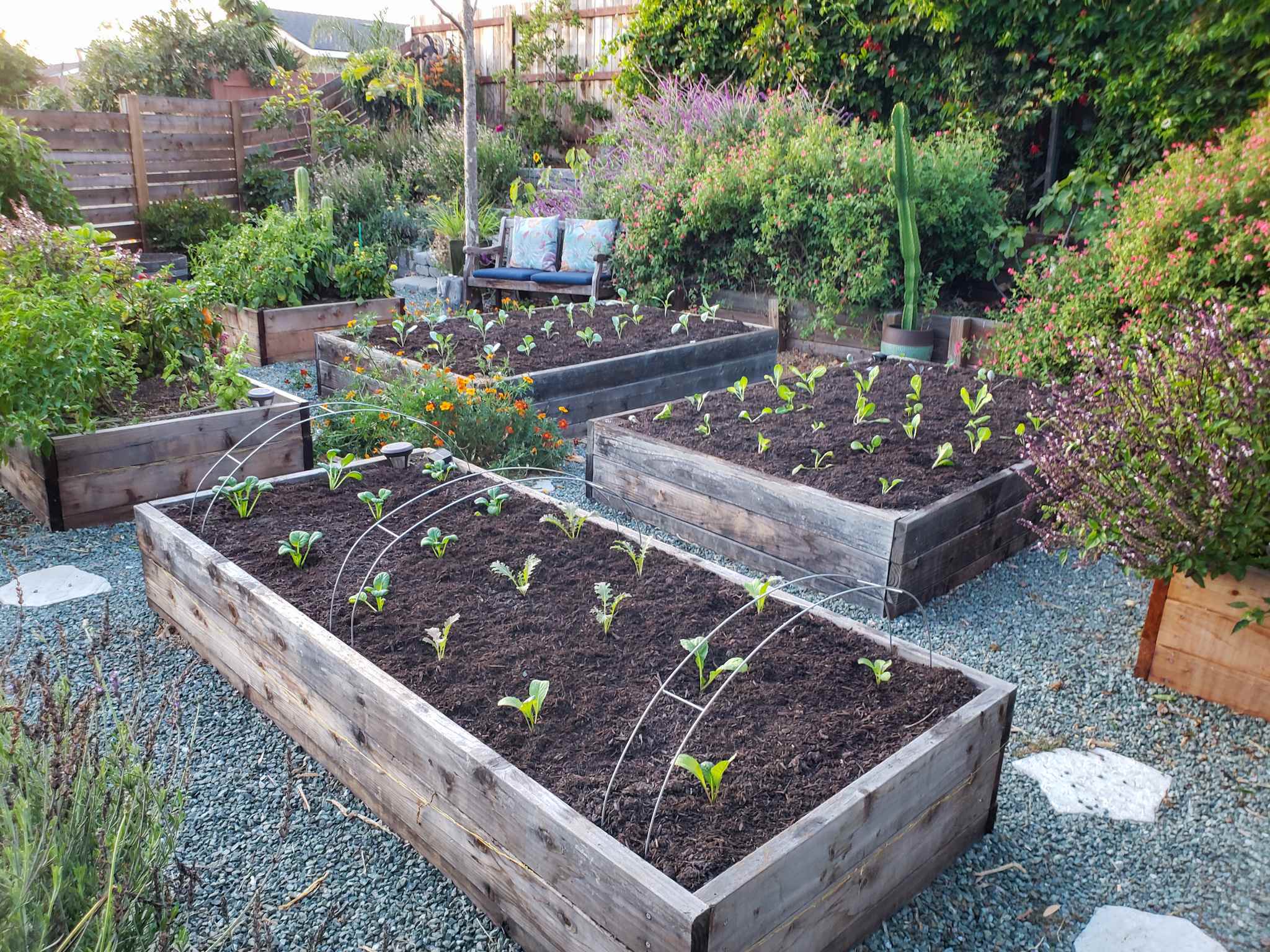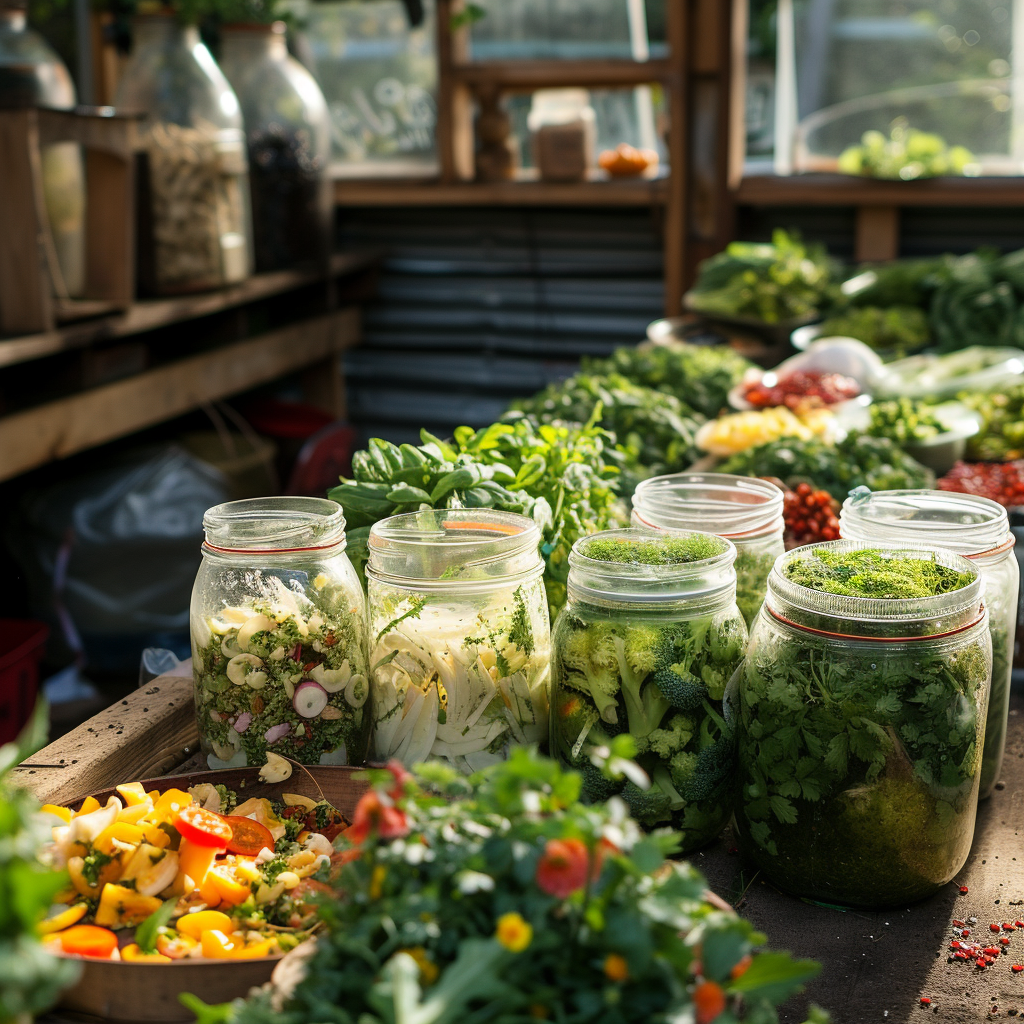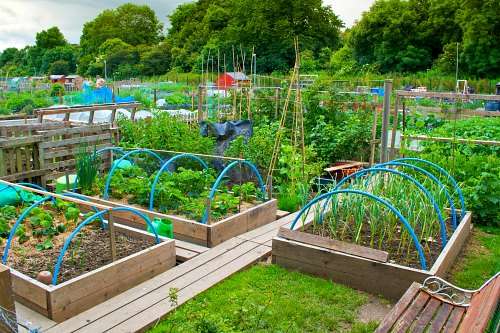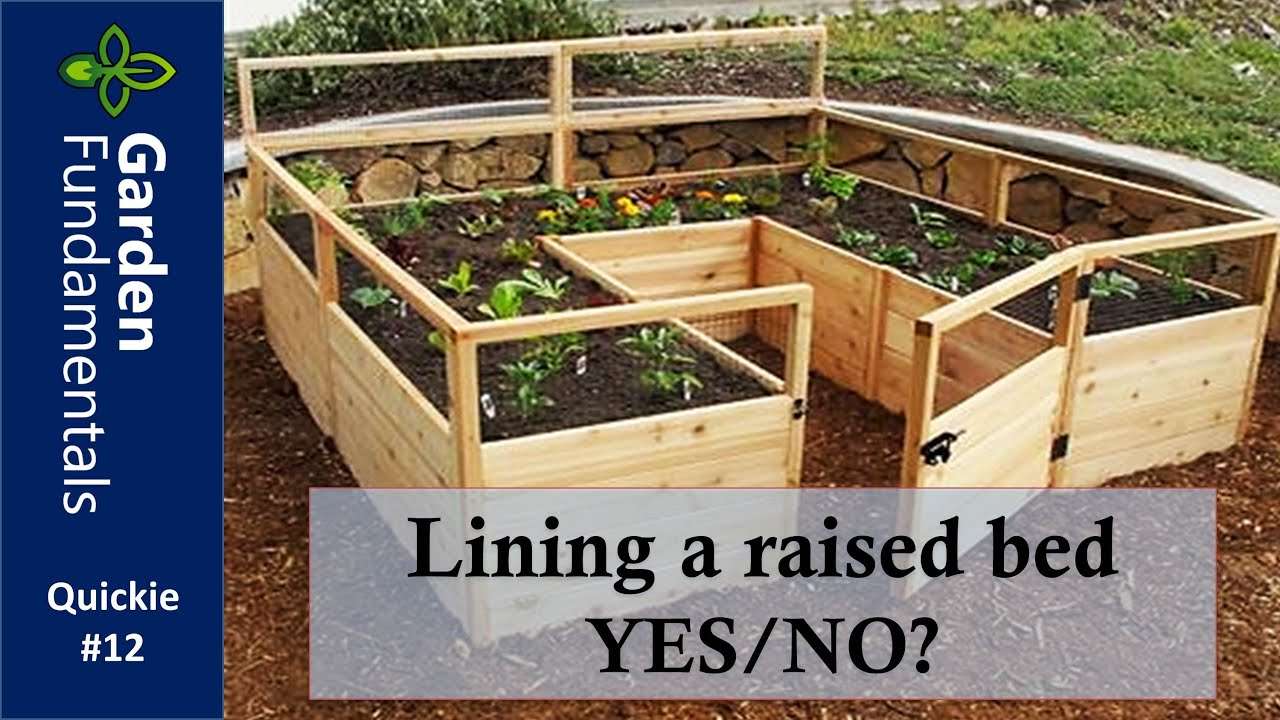In this article, we will explore the question of whether fertilizer is necessary for raised beds. We will provide some background information on topics such as off grid living and gardening to give you a better understanding of the subject. By the end, you will have a clearer idea of whether or not you need to use fertilizer in your raised beds. So, let’s dive in and discover the answer together!
Is fertilizer necessary for raised beds?
Are you considering starting a raised bed garden? Raised beds offer numerous advantages, such as improved soil drainage, better soil structure, reduced weed growth, and easier access for gardening tasks. However, when it comes to maintaining the fertility of your raised bed garden, one question often arises: is fertilizer necessary? In this article, we will explore the benefits of using fertilizer in raised beds, the different types of fertilizer, and alternative methods for improving soil fertility.
Benefits of Raised Beds
Before we delve into the topic of fertilization, let’s briefly discuss the benefits of raised beds. One of the primary advantages of raised beds is improved soil drainage. The elevated beds allow excess water to drain away more efficiently, preventing waterlogged soil that can lead to root rot and other plant diseases.
Raised beds also enhance soil structure, particularly in regions with heavy clay or compacted soil. By creating a loose, well-drained environment, raised beds promote optimal root growth and allow plants to access nutrients more effectively.
Furthermore, raised beds help to suppress weed growth. The elevated nature of the beds makes it harder for weed seeds to establish themselves and compete with your desired plants for sunlight, water, and nutrients. This reduces the amount of time and effort you need to spend on weed control.
Lastly, raised beds offer easier access for various gardening tasks. Whether it’s planting, weeding, or harvesting, the elevated height reduces the strain on your back and knees, making gardening more enjoyable and accessible to people of all ages and physical abilities.
Understanding Fertilizer
Now that we have discussed the benefits of raised beds, let us turn our attention to fertilizer. But first, what exactly is fertilizer? Fertilizer refers to any substance that is added to the soil or plants to supply essential nutrients that are necessary for healthy plant growth and development.
There are different types of fertilizers available in the market, including organic and synthetic options. Organic fertilizers are derived from natural sources, such as compost, manure, bone meal, and seaweed. Synthetic fertilizers, on the other hand, are manufactured using chemical processes and often contain a specific blend of nutrients.
The three primary nutrients that plants require in large quantities are nitrogen (N), phosphorus (P), and potassium (K). These nutrients are collectively referred to as NPK and are typically listed on fertilizer labels as a ratio. For example, a fertilizer with an NPK ratio of 10-10-10 contains equal percentages of nitrogen, phosphorus, and potassium.
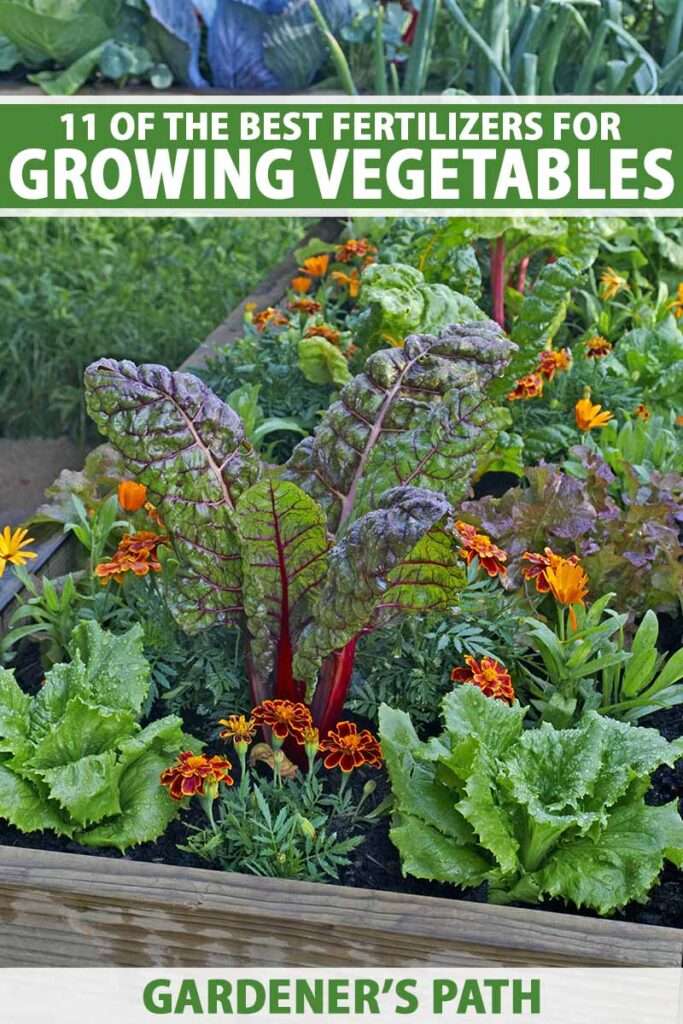
Nutrient Needs of Plants
To understand the necessity of fertilizer for raised beds, it is important to recognize the nutrient needs of plants. Macronutrients, such as nitrogen, phosphorus, and potassium, are required in large amounts and play vital roles in plant growth and development. They are primarily responsible for promoting leaf production, flowering, and fruiting.
In addition to macronutrients, plants also require smaller amounts of micronutrients, which include elements like iron, manganese, zinc, and copper. Though needed in lesser quantities, these micronutrients are equally important for healthy plant growth and function.
Detecting nutrient deficiencies early on is crucial to prevent stunted growth, poor yields, and overall plant decline. Symptoms of nutrient deficiencies can vary, depending on the specific nutrient lacking. For instance, yellowing leaves may indicate a nitrogen deficiency, while purple or reddish discoloration could be a sign of phosphorus deficiency.
Fertilizing Raised Beds
Now that we understand the importance of nutrients for plant growth, let’s discuss how to fertilize raised beds effectively. The first step in fertilization is determining the nutrient needs of your plants. This can be accomplished by conducting a soil test, which will provide valuable information about the nutrient levels in your soil.
Based on the soil test results, you can choose the appropriate fertilizer for your raised bed. Organic fertilizers are popular among gardeners who prioritize sustainability and natural methods of gardening. They improve soil health, increase organic matter content, and promote beneficial microbial activity.
Synthetic fertilizers, on the other hand, offer a more precise and quick-release option for supplying nutrients to your plants. They are well-suited for gardeners who require immediate nutrient availability or have specific nutrient requirements.
Regardless of whether you choose organic or synthetic fertilizers, it is essential to apply them correctly. Follow the instructions on the fertilizer packaging regarding application rates and timing. Applying too much fertilizer can lead to nutrient imbalances, while applying too little may result in inadequate nutrient uptake by the plants.
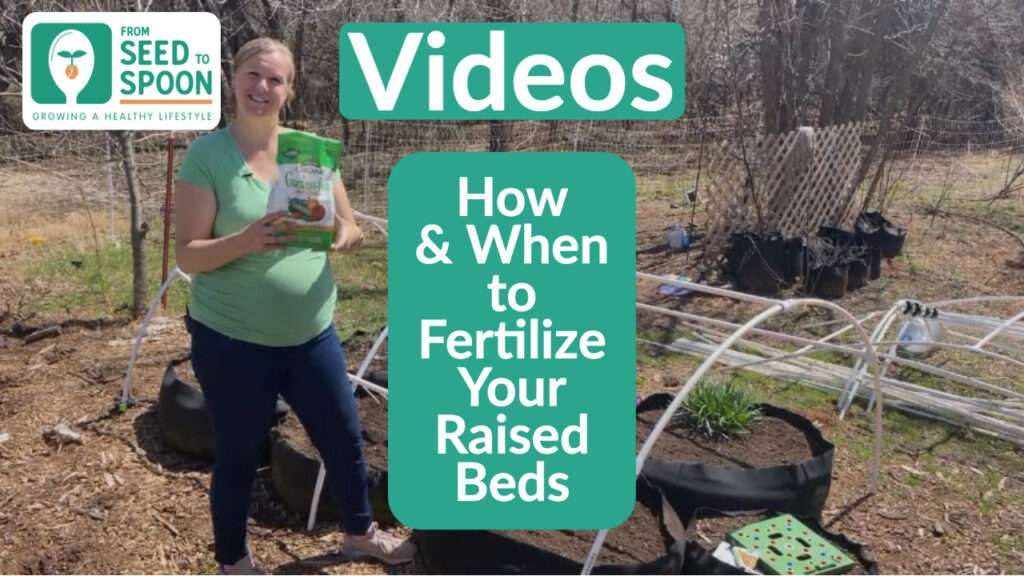
Benefits of Fertilizing Raised Beds
Fertilization of raised beds offers several benefits that contribute to the overall health and productivity of your garden. Firstly, fertilizing promotes healthy plant growth by providing the necessary nutrients for optimal development. This leads to stronger, more resilient plants that are better equipped to withstand environmental stressors and pests.
Furthermore, proper fertilization improves the yield and quality of your crops. Plants that receive adequate nutrients are more likely to produce bountiful harvests and fruits that are larger, tastier, and more nutritious. This is particularly important if you are growing vegetables, fruits, or herbs for consumption.
In addition, fertilizing raised beds enhances nutrient availability in the soil. By replenishing nutrient levels, you ensure that plants have a constant supply of the necessary elements for growth and development. This can be particularly beneficial in raised beds, where soil may be limited in its natural nutrient content.
Alternative Ways to Improve Soil Fertility
While fertilization is a common method for maintaining soil fertility, there are alternative practices that can also contribute to healthy and productive raised beds. One such method is composting. Composting involves recycling organic matter, such as kitchen scraps, yard waste, and leaves, to create nutrient-rich compost that can be added to your soil.
Another effective approach is mulching. Mulching involves covering the soil surface with a layer of organic materials, such as straw, wood chips, or grass clippings. Mulch helps to conserve moisture, suppress weed growth, and gradually release nutrients as it breaks down.
Crop rotation is another technique that can enhance soil fertility in raised beds. By rotating the types of plants you grow each season, you can prevent the buildup of pests and diseases that target specific plants. Additionally, different crops have varying nutrient requirements, allowing you to balance the nutrient demands placed on the soil.
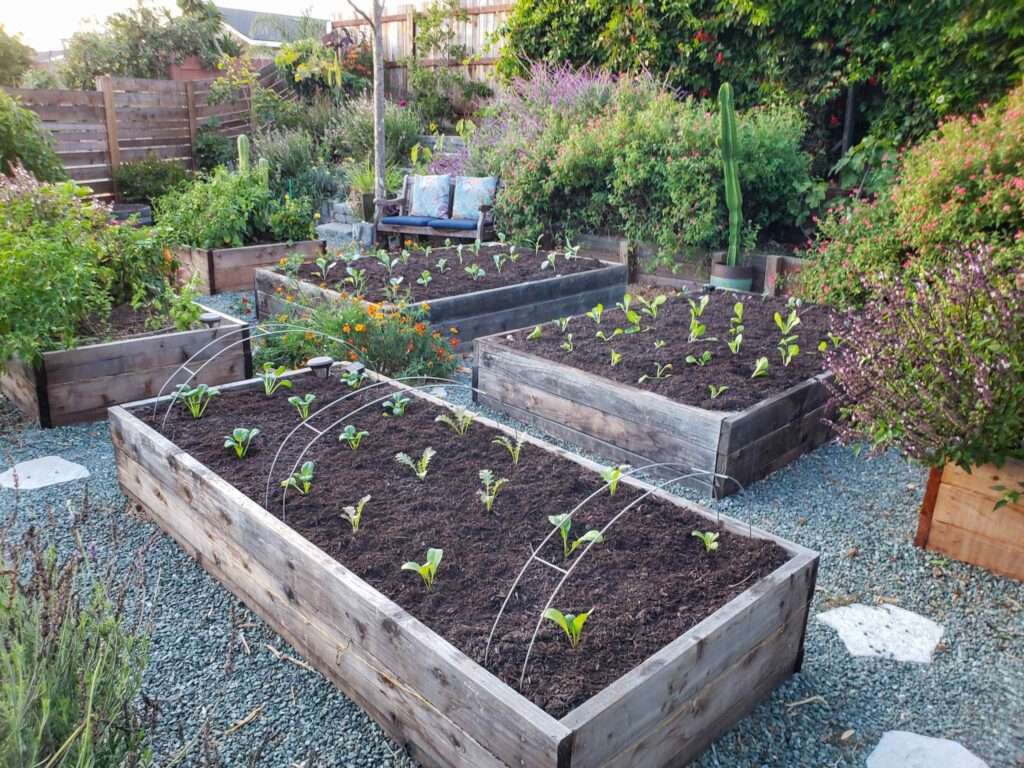
Considerations Before Fertilizing
Before deciding to fertilize your raised beds, there are several considerations to keep in mind. Firstly, conducting a soil test is highly recommended. A soil test will provide valuable information about the current nutrient levels in your soil and help you make informed decisions about the need for fertilization.
It is also important to consider the environmental impact of fertilizers. Synthetic fertilizers, if not used properly, can contribute to water pollution through runoff. Organic fertilizers are generally more environmentally friendly but can still have negative effects if overused. Use fertilizers responsibly and follow recommended application rates to minimize environmental impacts.
Additionally, cost and feasibility should be taken into account. Fertilizers, especially synthetic ones, can be expensive. Consider your budget and the long-term sustainability of fertilization practices for your raised bed garden.
Common Misconceptions
There are several common misconceptions surrounding the use of fertilizer in raised beds. One misconception is that fertilizers can be entirely substituted with organic matter such as compost or mulch. While organic matter is beneficial for soil health and provides some nutrients, it may not fulfill all the nutrient requirements of your plants.
Another misconception is the excessive use of fertilizer for faster and better growth. Overuse of fertilizer can lead to nutrient imbalances, excess salinity, and environmental pollution. Always follow recommended application rates to avoid these issues.
Finally, some gardeners worry that using fertilizers will negatively impact soil health in the long term. While it is true that excessive use of fertilizers without proper soil management practices can be detrimental, using fertilizers responsibly and in conjunction with other soil improvement techniques can maintain and even enhance soil health.
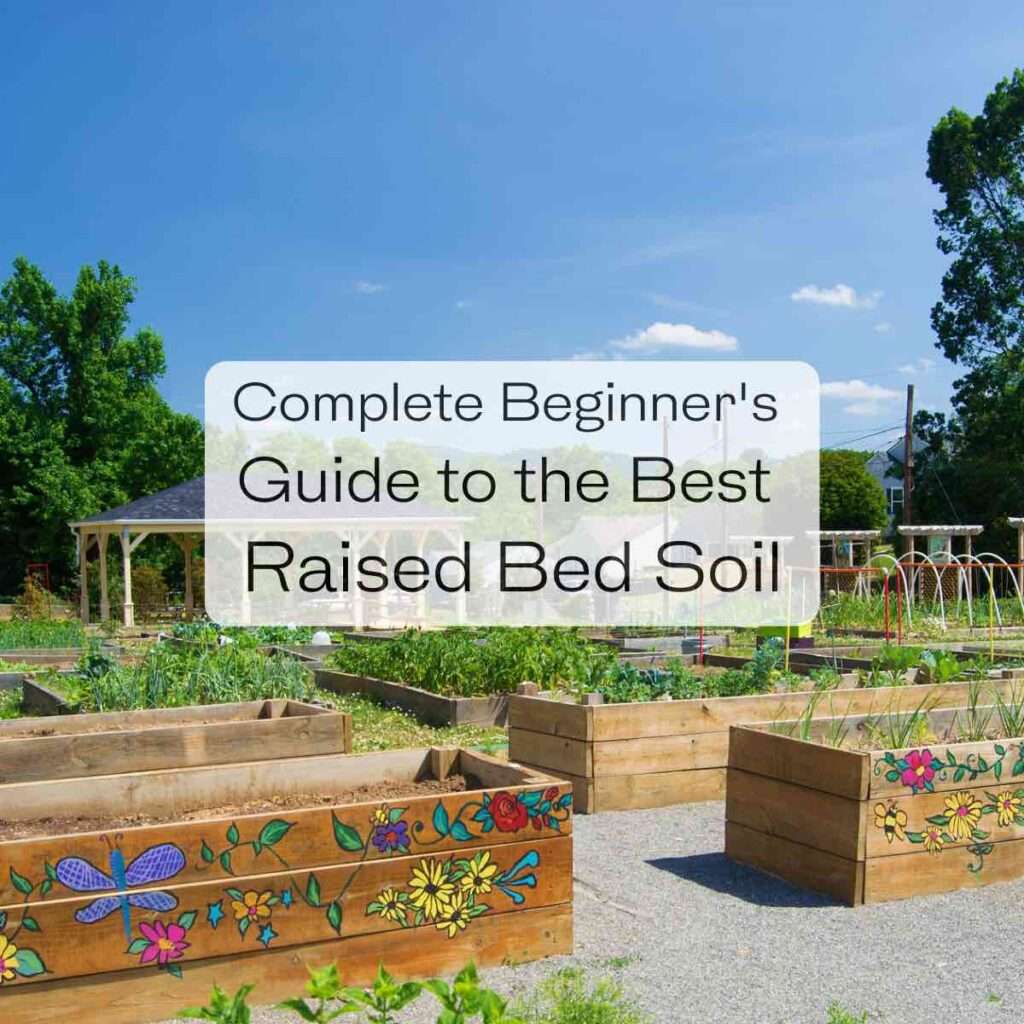
Best Practices for Fertilizing Raised Beds
To ensure successful fertilization of your raised beds, it is important to follow some best practices. Firstly, always follow recommended application rates provided by the fertilizer manufacturer. Applying excessive amounts of fertilizer can lead to nutrient imbalances and potential harm to your plants.
Timing of fertilization is also crucial. Different plants have varying nutrient requirements throughout their growth cycle. For example, leafy vegetables may benefit from a nitrogen-rich fertilizer during their early growth stage, while fruit-bearing plants may require more phosphorus and potassium during the flowering and fruiting stages. Familiarize yourself with the specific needs of your plants and adjust your fertilization schedule accordingly.
Proper storage and handling of fertilizers are equally important. Ensure that fertilizers are stored in a cool, dry place away from children and pets. Follow safety precautions while handling fertilizers to prevent any accidents or injuries.
Maintaining Balanced Nutrient Levels
Once you have established a fertilization routine for your raised beds, it is crucial to monitor soil health and adjust fertilizer ratios as needed. Regular soil testing can help you gauge nutrient levels and identify any imbalances or deficiencies. Based on the results, you can fine-tune your fertilization practices to maintain the optimal nutrient balance in your soil.
Adjusting fertilizer ratios may be necessary if you notice specific nutrient deficiencies or excesses in your plants. For instance, if your plants show signs of nitrogen deficiency, you may need to increase the nitrogen content of your fertilizer. Conversely, if your soil tends to have excessive levels of certain nutrients, you may need to adjust the fertilizer ratio accordingly.
To prevent nutrient leaching from raised beds, it is advisable to incorporate practices such as water management and mulching. Proper irrigation techniques, such as drip irrigation or soaker hoses, can minimize water runoff and nutrient loss. Mulching with organic materials helps to retain moisture and nutrients in the soil, reducing the risk of leaching.
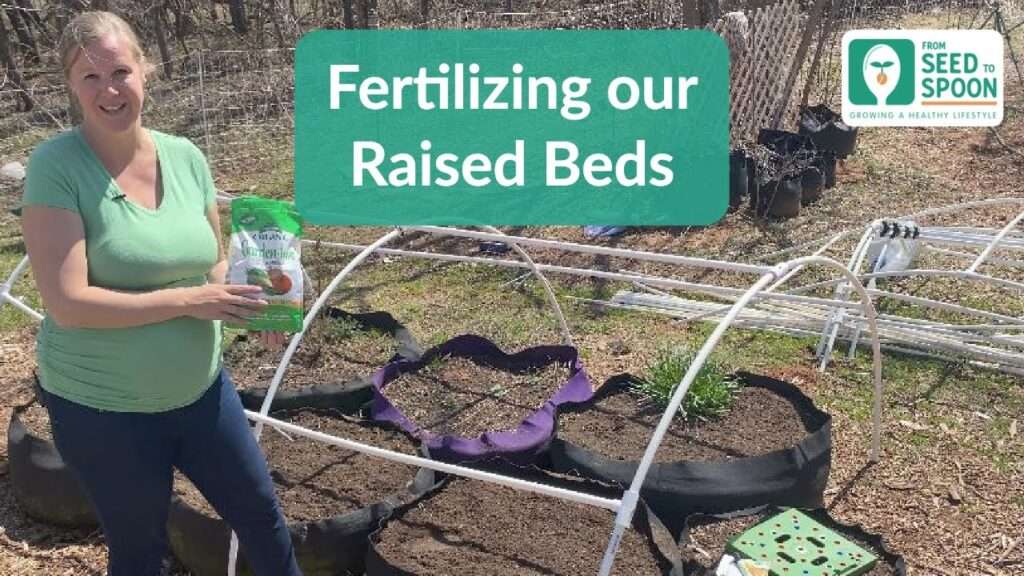
Conclusion
In conclusion, while fertilizer is not absolutely necessary for raised beds, it can significantly enhance the health and productivity of your garden. Consider the individual requirements of your plants and the specific conditions of your soil before deciding to fertilize. Soil testing, environmental impact, and cost should be considered. Remember to choose the appropriate fertilizer, follow recommended application rates, and incorporate other soil improvement practices. By understanding the benefits of fertilizing raised beds and practicing responsible fertilization, you can create a thriving garden that rewards you with bountiful, healthy plants. Happy gardening!

